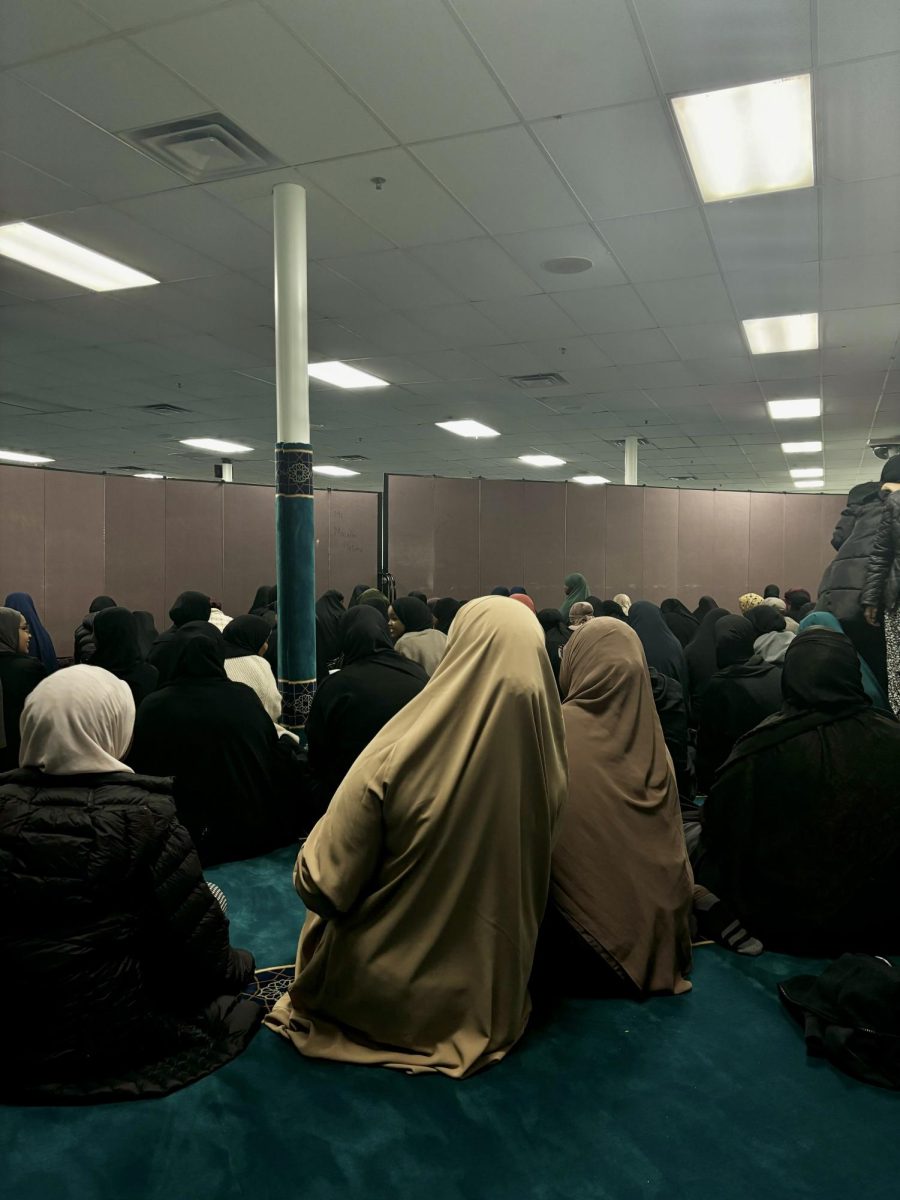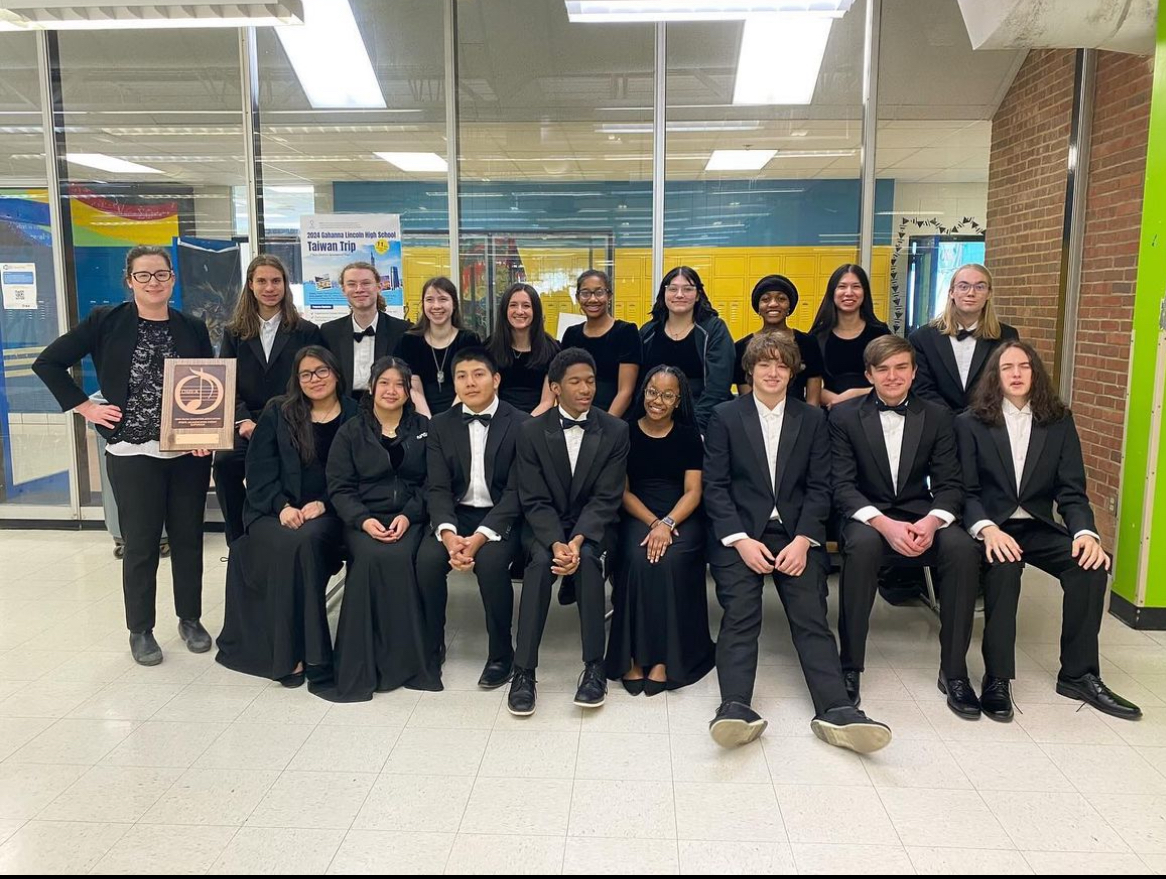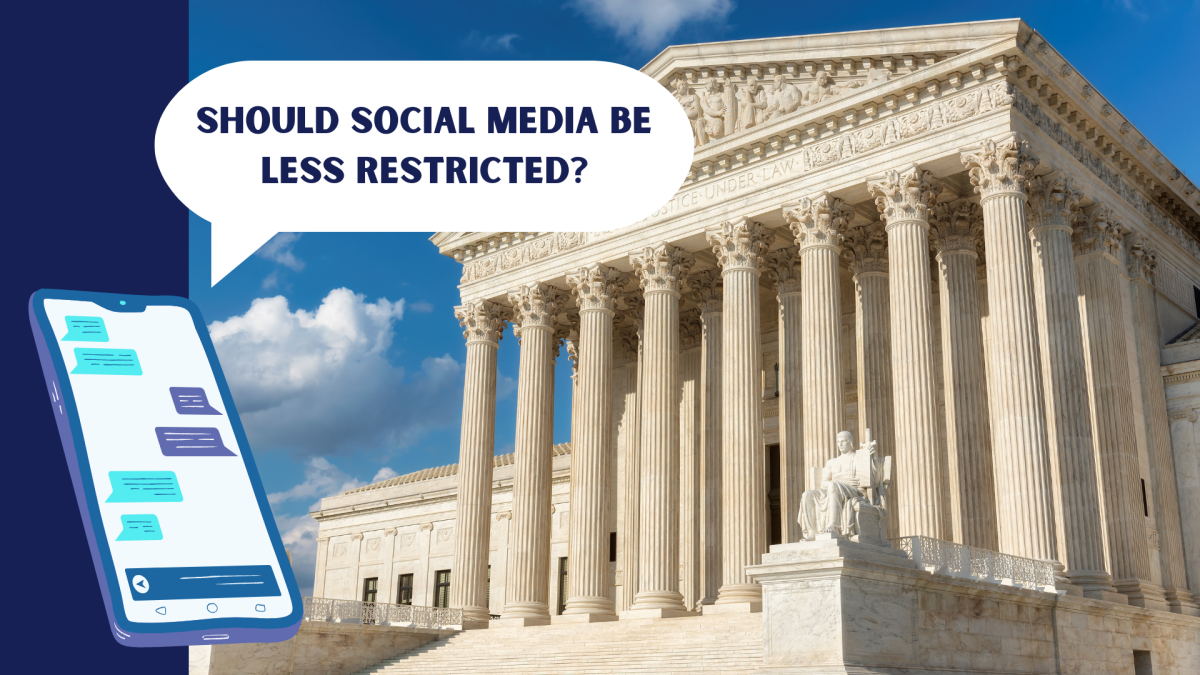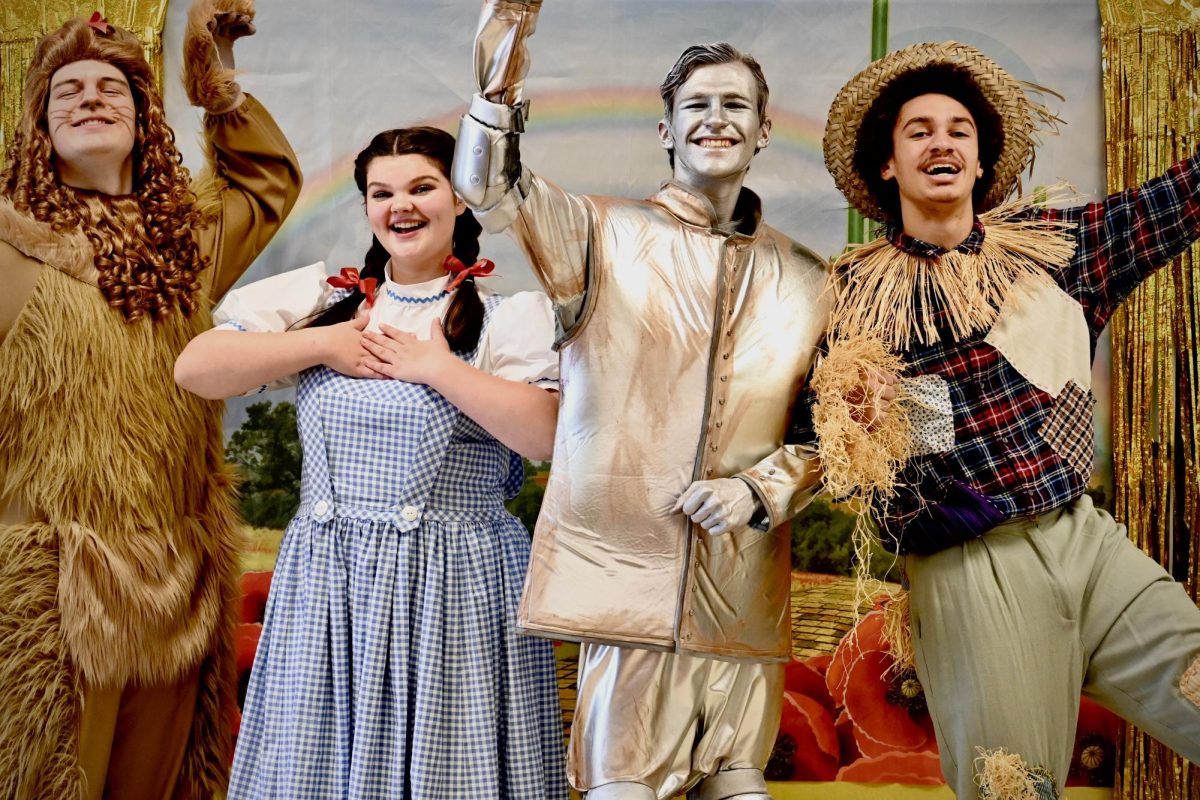Pioneer for women’s rights
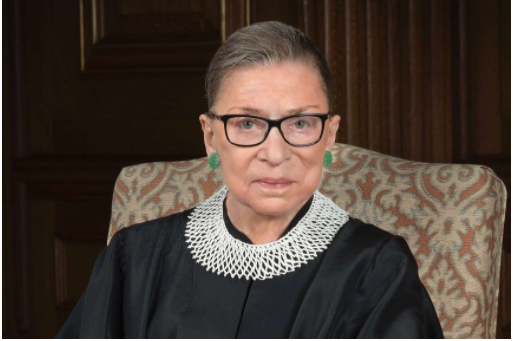
Photo courtesy of ABC
November 4, 2020
Supreme Court Justice Ruth Bader Ginsburg was essential in the fight for female equality and recognition. Her opinions were authentic and definite. Her outspoken views and determination allowed her to invoke real progression in gender equality. Her work was the first dent in dismantling the male patriarchy, and the first elevation of female empowerment.
On August 10th, 1993, after being nominated by former President Bill Clinton, Ginsburg took her seat as a member of the highest court. Ginsburg was the second woman to ever become part of the court, and the first Democrat to be appointed.
On September 18th, Ginsburg passed away from pancreatic cancer. Ginsburg served for 27 years, with her main focuses on what she could do for women, and other marginalized groups.
Senior Maddy Passerello is a politically active student and expresses her admiration for Ginsburg.
“Eloquently spoken and a natural leader, she looked out for the interest of women and protected and advocated for reproductive and contraceptive rights for women,” said Passerello.
The Equal Credit Opportunity Act, which passed in 1974, allowed women to apply for bank accounts, credit cards and mortgages without a male co-signer.
Ginsburg was a leader in the fight to pass this Act. She created momentum and garnered the support of the people.
Senior Eve Malik notes Ginsburg’s work with the Act.
“She helped rule that a woman didn’t have to have a male co-signer for her mortgage,” said Malik.
Ginsburg advocated for the passing of this bill long before she became a Supreme Court Justice, showing her longevity in the fight for equality.
Sophomore Chloe Kennon, who hopes to attend law school, gives her opinion on how Ginsburg’s work with The Equal Credit Opportunity Act opened eyes to the lack of respect for females.
“I like her because she did more for women than just get them elected. Women have always been needed, but not appreciated or seen as equal. The [Equal Credit Opportunity] Act helped women have a voice and made them feel empowered by law,” said Kennon.
This brings to question another issue that Ginsburg sought to fight for: women in high-class positions not being respected.
Senior Avery Jacoby sheds light on the issue of having the appearance of equality, instead of the real thing.
“Everyone loves to have a perfect image. It happens with everything and everyone. It’s just like social media, except on a larger scale. If something looks a certain way, then people think it is that way and don’t usually question it,” said Jacoby.
Jacoby follows up with what Ginsburg did to help change using women as fronts for fairness.
“Ginsburg helped make sure that the women elected were then respected, and given a fair opportunity to prove themselves,” said Jacoby.
Senior Sophia Shai also credits Ginsburg for the work she did, not just for women, but the LGTBQ+ community as well.
“She helped get marriage equality. She stood up for the LGBTQ+ community and made them feel valid,” said Shai.
Ruth Bader Ginsburg insisted on being heard and respected, using her voice because she knew there were those that couldn’t.


